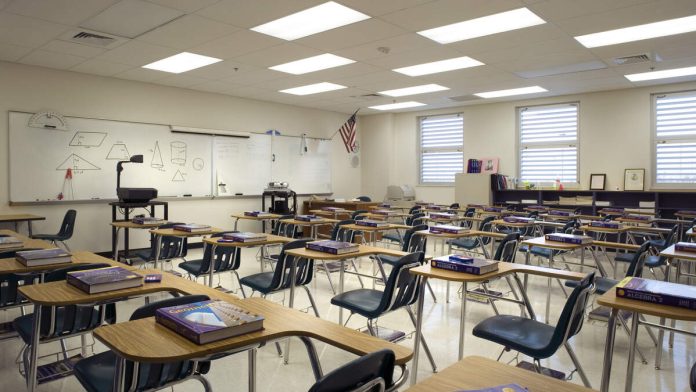This fall, California high schools were expected to offer a new ethnic studies course, focusing on the histories and cultures of marginalized communities. However, the rollout has been delayed due to a lack of state funding and political controversies. The course, mandated in 2021, was intended to cover African American, Asian American, Native American, and Latino histories, with the option for schools to add lessons relevant to their student populations, such as Hmong or Armenian cultures. The course would have been required for high school graduation starting with the Class of 2030.
The state budget omitted the necessary $276 million to implement the course, leaving many school districts unable to proceed. Some districts have used their own resources to offer the class, but others are waiting for state funding. According to CalMatters, the political climate has also played a role in the delay, with some districts hesitant to adopt a course that might spark controversy.
The course has faced criticism from various groups, including those concerned about antisemitism in the curriculum. Some ethnic studies teachers have included lessons on the Gaza conflict, leading to accusations of bias. In response, a bill addressing antisemitism in schools is headed to Governor Gavin Newsom, aiming to enhance discrimination complaint processes and establish a statewide antisemitism coordinator.
Despite these challenges, some districts, like those in Orange County, have successfully implemented the course, receiving positive feedback from students. The Los Angeles Times reports that these districts have developed their own curriculum with public input, reflecting the diverse ethnic makeup of their communities.
Supporters of ethnic studies believe the course can foster understanding and reduce racial conflict. Albert Camarillo, a Stanford history professor, expressed hope for a resolution, stating that ethnic studies can help students appreciate diverse cultures and communicate effectively. However, the course’s future remains uncertain as districts await state funding and navigate the ongoing political debates.

Recent Comments